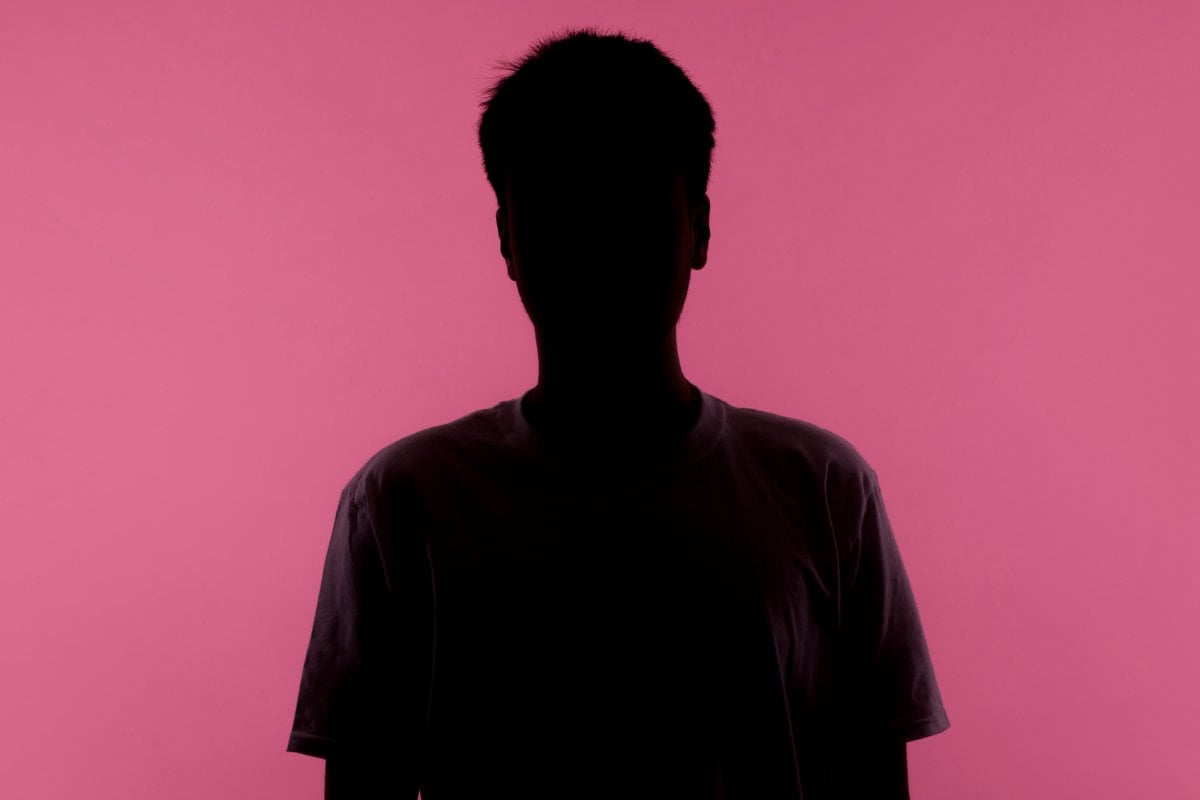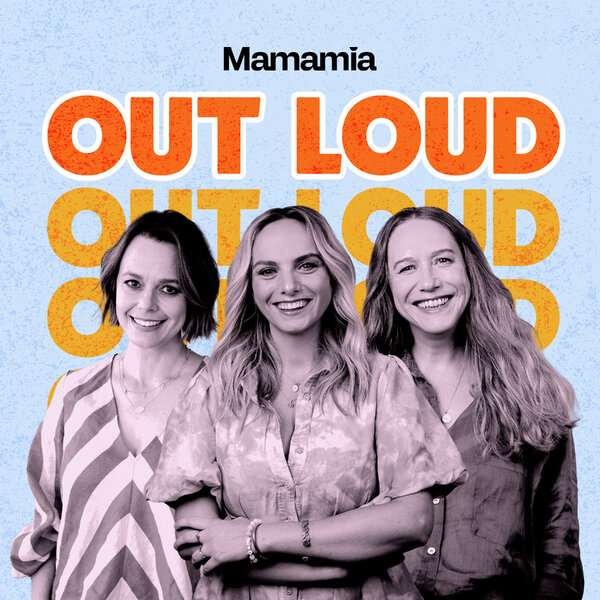
*Names have been changed in this story to protect the identities of those involved.
When I was 14, I was sitting on a bus with a bunch of kids from my high school when I overheard them talking about one of the girls in my class, Chloe*.
I heard them say her name and laugh, but I didn't catch any of the details.
As the bus crowd slowly thinned out with students reaching their destinations, one of the boys, Brett* sat down next to me.
I asked him what they were saying about Chloe and his answer shocked me so much that I can remember it as clear as day, even now all these years later.
He said, "Chloe's really hot but she's the kind of girl you'd just rape."
I remember pushing myself physically closer to the bus window, trying to put distance between myself and the boy, who I thought was a good kid, who had just told me that he considered raping this girl.
I remember telling him that I was disgusted with what had come out of his mouth. He kind of shrugged it off like it wasn't anything.
When I heard about the label that the boys at Yarra Valley Grammar had given the girls in their class on a now widely discussed spreadsheet that has led to two of them being expelled, that some of them were unrapable, insinuating that there were girls in the class who were then also rapable, it sent me hurtling right back into that bus seat. Have teenage boys really not evolved much at all since then?

Top Comments